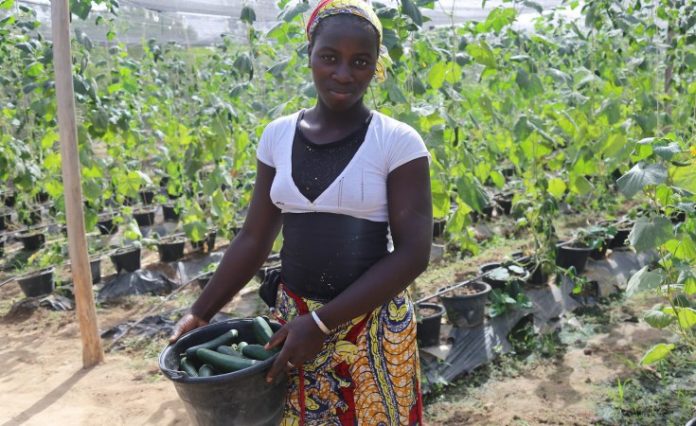Bulawayo, Zimbabwe — Oluwaseun Sangoleye’s son developed rickets after rejecting baby formula. So she started a business to make natural baby cereal from locally-sourced ingredients in Nigeria.
“My personal experience opened me up to the dearth of nutrient dense, affordable meal solutions for infants and young children,” Sangoleye told IPS. Baby Grubz products are targeted at low and middle-income women with children aged six months to three years.
Sangoleye is one of a small but growing number of women who are heading up agribusinesses in Africa, some of which are producing innovative products to combat malnutrition.
While there are no conclusive figures on the number of women participating in agribusinesses across the continent, the African Women in Agribusiness Network (AWAN) states it works in 42 African countries, linking 1,600 women’s networks in different sectors.
In the State of Food Security and Nutrition in the World report, the Food and Agriculture Organisation of the United Nations (FAO) says healthy diets, including fruits; vegetables and protein-rich foods cost more than $1.90 a day — the global poverty threshold. Estimates show than more than three billion people cannot afford a healthy diet and in sub-Saharan Africa and Asia, 57 percent of the population is affected. Read more…



